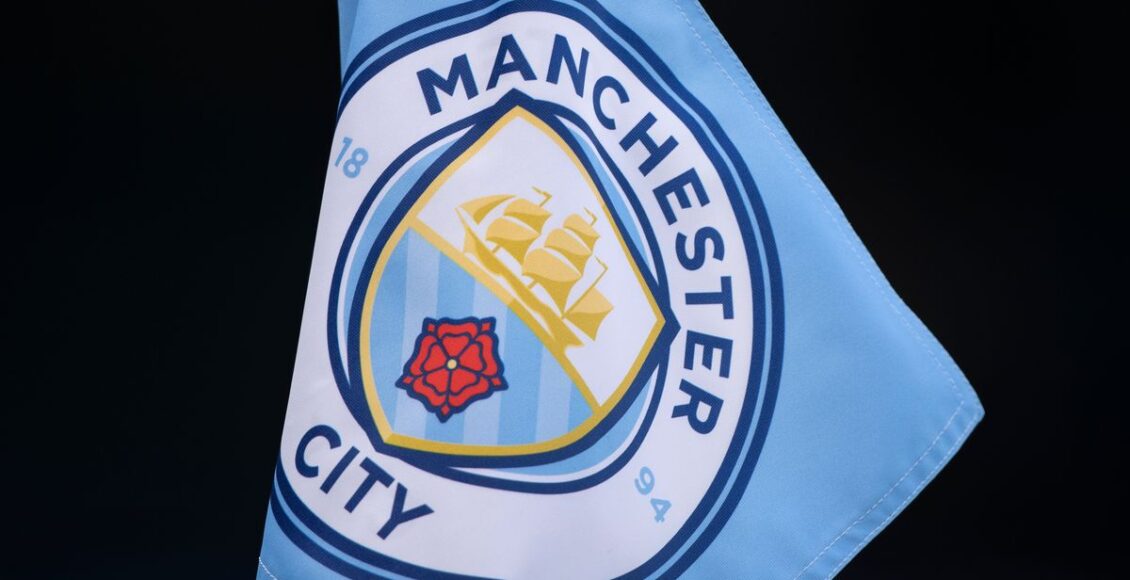Manchester City has accused the Premier League of being “misleading” regarding the verdict in its landmark legal case concerning rules on commercial deals.
City has reached out to other top-flight clubs, criticizing the league’s summary of the case verdict for containing “several inaccuracies.”
The letter, sent on Monday by City’s general counsel, Simon Cliff, was addressed to the 19 clubs and the league, as reported by the BBC.
Both parties have claimed victory following the publication of the arbitration panel’s decision on Monday, which came after City’s legal challenge against the league’s associated party transaction (APT) rules.
Owned by the Abu Dhabi-backed City Football Group, City had some of its complaints upheld, with two aspects of the APT rules deemed unlawful by the tribunal.
They assert that their legal action has “succeeded.”
Conversely, the Premier League welcomed the tribunal’s findings, stating that it rejected most of Manchester City’s challenges and “endorsed the overall objectives, framework, and decision-making of the APT system.”
APTs are designed to ensure that sponsorship deals with companies linked to club owners are of fair market value.
City has refrained from commenting on the letter.
The Premier League has also declined to comment, but a senior source told BBC Sport that it rejects any claim that its summary of the ruling was misleading or inaccurate.
A consultation with the clubs is currently underway. They are scheduled to meet next Thursday to discuss the repercussions, but no vote will take place at that time.
This case is separate from the Premier League disciplinary commission, which will hear 115 charges against City for allegedly breaching financial regulations, some of which date back to 2009. City denies any wrongdoing.
What did the letter say?
In the letter, Cliff offered “clarifications” to “assist member clubs with their understanding” in response to a summary of the panel’s ruling by Premier League chief executive Richard Masters.
“Regrettably, the summary is misleading and contains several inaccuracies,” Cliff claims.
“The tribunal has declared the APT rules to be unlawful. MCFC’s position is that this means that all of the APT rules are void,” the letter states.
“The decision does not contain an ‘endorsement’ of the APT rules, nor does it state that the APT rules, as enacted, were ‘necessary’ in order to ensure the efficacy of the League’s financial controls.”
The Premier League, in its summary, said that the tribunal identified “a small number of discrete elements of the rules which did not in their current form comply with competition and public law requirements” and that these could “quickly and effectively be remedied”.
However, the league’s position that City were unsuccessful in the majority of its challenge is described by Cliff as “a peculiar way of looking at the decision”.
He added: “While it is true that MCFC did not succeed with every point that it ran in its legal challenge, the club did not need to prove that the APT rules are unlawful for lots of different reasons. It is enough that they are unlawful for one reason.”
Cliff added that it was “not correct that the tribunal’s decision identifies ‘certain discrete elements’ of the APT rules that need to be amended in order to comply with competition and public law requirements”.
He added: “On the contrary: the APT rules… have been found to be unlawful, as a matter of competition law and public law. This means that they are void and not capable of enforcement. This has very significant consequences for APTs that have been entered into to date and APTs that are currently being negotiated by clubs.
“Of even greater concern, however, is the PL’s suggestion that new APT rules should be passed within the next 10 days.”
The Premier League is seeking to amend its rules within the next fortnight so that they comply with competition law.
The tribunal – in a 175-page document – ruled that low-interest shareholder loans from owners to their clubs should not be excluded from the scope of APT rules, and that some amendments to toughen up the rules in February by should not be retained.
However Cliff warns that it is “remarkable that the Premier League is now seeking to involve the member clubs in a process to amend the APT rules at a time when it does not even know the status of those rules”.
He added: “We will be writing separately about this to the Premier League but in the meantime, given the findings in the award, this is the time for careful reflection and consideration by all clubs, and not for a knee-jerk reaction.
“Such an unwise course would be likely to lead to further legal proceedings with further legal costs. It is critical for member clubs to feel that they can have trust in their regulator.”



